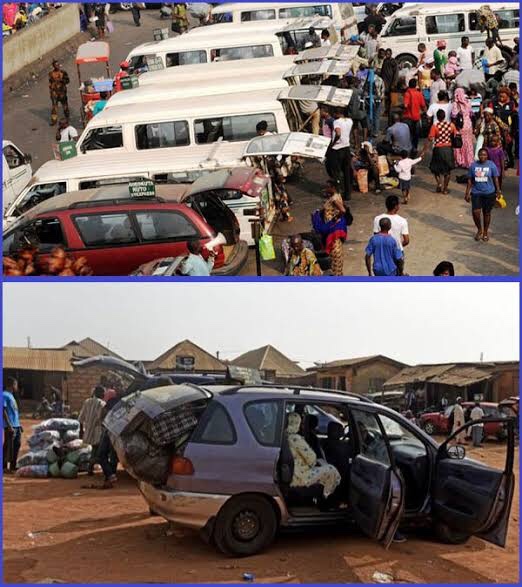In recent times, Nigeria has witnessed a significant increase in the cost of interstate travel, making it a formidable financial challenge for many. The staggering price of return flight tickets, reaching a hefty 250,000 Naira, is causing ripple effects across various aspects of society. To put this in perspective, imagine it devouring an entire month’s salary for someone like Tunde, a hardworking individual employed at KPMG.
Tunde, like countless others, finds himself questioning the feasibility of inviting someone special from a different state for a weekend rendezvous. Consider Cassandra, a drop-dead gorgeous girl he met on Facebook, residing in Asaba. The prospect of Cassandra visiting Tunde’s cozy 2-bedroom crib in Ajah for the weekend is marred by the exorbitant 250,000 Naira flight ticket cost – a sum equivalent to Tunde’s entire month’s income unless he possesses extraordinary financial prowess.
This predicament highlights a harsh reality: to afford inviting a potential romantic partner from another state for a weekend excursion, one must be a young man of considerable financial means. In local parlance, a “man of timber and caliber.” The extravagant cost of travel, particularly in major cities like Lagos and Abuja, amidst economic challenges adds a layer of complexity to an already daunting situation.
The socio-economic ramifications of this crisis on interstate social interactions and relationships are not to be overlooked. Here, we delve into these consequences and ponder how individuals navigate this new reality in town.
- Diminished Romantic Prospects: The exorbitant travel costs limit the ability of individuals to meet and explore romantic relationships with people from different regions. This can result in fewer opportunities for emotional connections and personal growth through diverse interactions.
- Economic Strain on Young Adults: Young professionals, like Tunde, who aspire to maintain long-distance relationships or explore new connections across state borders, face financial stress. Allocating a significant portion of their salaries to travel expenses leaves little room for other essential expenses.
- Impact on Tourism: Beyond personal relationships, this price surge hampers the growth of the domestic tourism industry. The prohibitive costs discourage travel within the country, depriving regions of potential revenue from tourism.
- Social Disparities: The ability to afford such extravagant travel expenses accentuates disparities between the affluent and the less privileged. It reinforces the notion that only the financially elite can partake in cross-state romantic endeavors.
- Alternative Means of Travel: With flights becoming increasingly unaffordable, bus travel is becoming the default option. However, even bus fares are hovering between 25,000 and 35,000 Naira. This shift further limits travel options for many Nigerians.
- Technology and Long-Distance Relationships: In response to the high costs, technology becomes a crucial tool for sustaining long-distance relationships. Video calls, social media, and instant messaging platforms enable individuals to maintain connections without the physical presence.
- Impact on Mental Health: The emotional toll of not being able to meet loved ones due to financial constraints can negatively affect mental health. Loneliness and frustration can take a toll on individuals facing these obstacles.
- Innovation and Entrepreneurship: On a brighter note, this crisis might foster innovation in transportation and travel options. Entrepreneurs could explore affordable alternatives, potentially reshaping the travel industry.
In conclusion, the soaring cost of interstate travel in Nigeria presents a multifaceted challenge, touching on romance, economics, and social dynamics. It has reshaped the way people approach relationships and has implications for the tourism industry. As Nigerians adapt to this new reality, there’s hope for innovative solutions that can make travel more accessible and affordable for all, fostering greater connectivity among the diverse regions of this vibrant nation.

